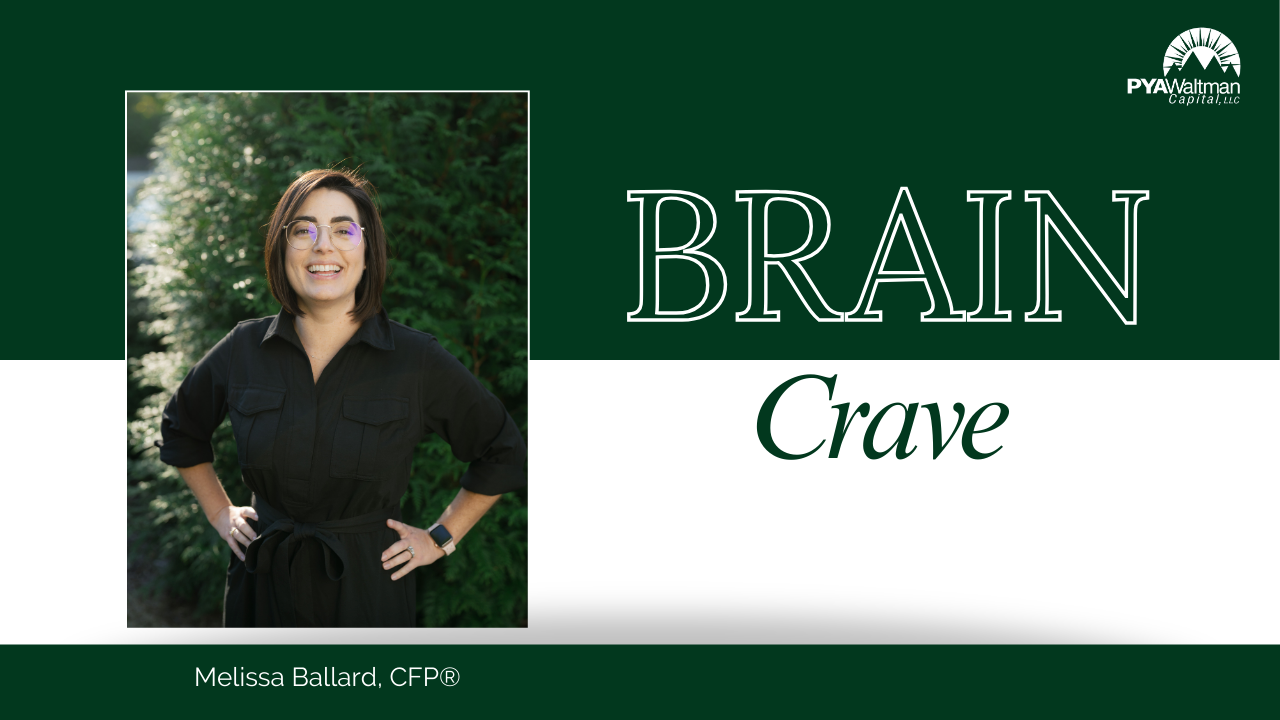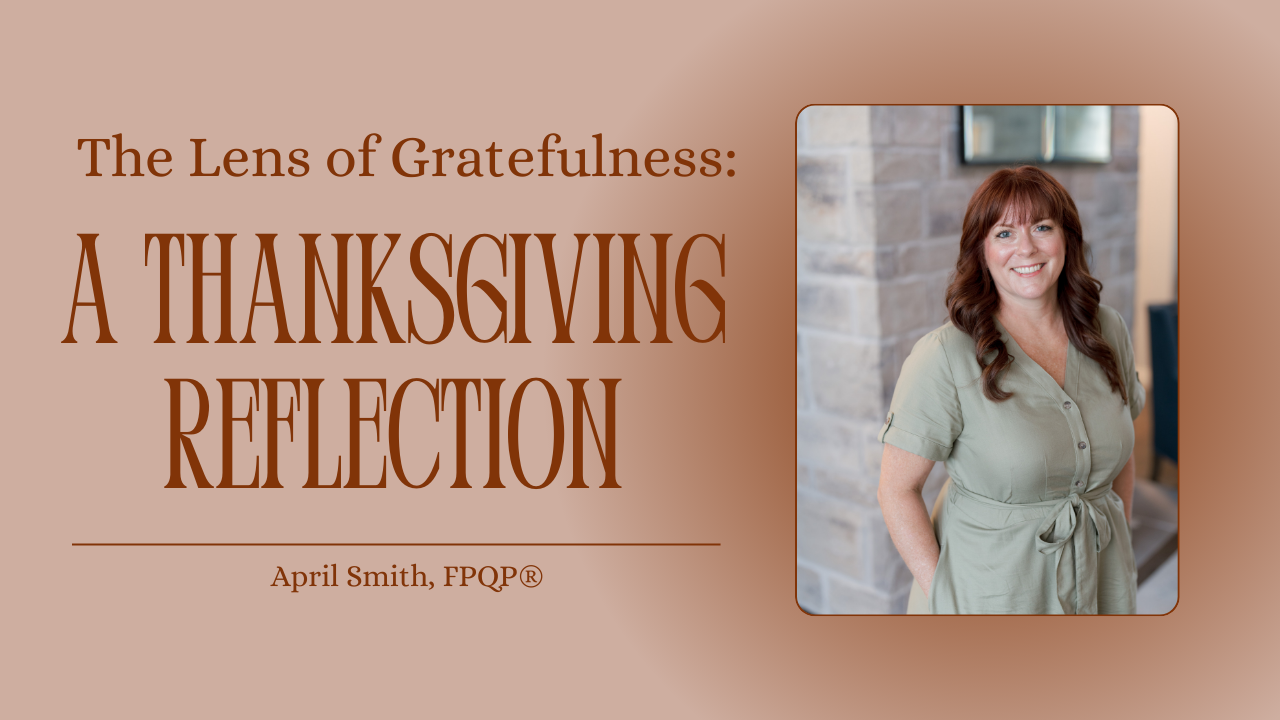In the past month, Congress has passed several acts relating to the Coronavirus pandemic. As with most congressional measures, the details can be difficult to unpack. There are provisions to help Americans in various demographics, thus some provisions will be helpful to certain families or age-groups, yet not applicable to others. In this piece, we will discuss RMDs, charitable giving deductions and Roth conversions. If information on personal relief measures relating to government payments, tax deadlines or student loan relief are more applicable to you or your family, please see our post entitled “Three Ways Congress' Stimulus Bill Could Provide Some Quick Relief to You and Your Family”
- Required Minimum Distributions (RMDs) are Waived for 2020
- If you are already taking your RMDs, you do not have to take them for 2020. This waiver applies to RMDs from both IRAs (including inherited IRAs) and workplace retirement plans, such as 401(k)s.
- It’s important to note that if you need funds from your IRA, this waiver in no way precludes you from taking a withdrawal.
- This will be helpful to a number of individuals including those who are still working (but are required to take distributions from their IRAs), for retired individuals whose RMDs are in excess of their withdrawal needs, or for those that would prefer to defer the income into future years for tax purposes.
- If you ordinarily use your RMD to gift to charity, there is still benefit to gifting from your IRA. Aside from the $300 available deduction for 2020 (see below), you cannot deduct your gifts to charity unless you itemize deductions. However, if you’re over 70 ½, you can use your IRA to gift to charity. This reduces your IRA (thereby reducing future RMDs and associated taxes) without increasing your taxable income, which is beneficial from a tax standpoint.
- Note that reduced future RMDs equates to a reduction in income, which may reduce Medicare premium costs depending on your situation.
- This also creates a Roth conversion planning opportunity given that RMDs are not normally eligible for a Roth conversion and you may have already been anticipating the tax from your “would be” RMD. See below for additional detail on Roth Conversions.
- Roth Conversion Considerations
- While the Act does not change the rules relating to Roth conversions, if you have investments that are temporarily depressed due to recent market volatility, a Roth conversion of those positions may make sense.
- Benefits of a Roth IRA include:
- the converted positions can rebound with no associated tax on the growth
- lower taxable income in retirement, which may reduce your Medicare surcharges
- No required distributions in retirement, nor required distributions when the funds are inherited by your beneficiaries
- Important Considerations
- For any Roth conversion, it’s important to remember tax will be due. Additionally, while using a depressed asset value increases the appeal, it’s still best to pay the associated tax from cash flow rather than from your investments. At a time when income may be unstable, this should be weighed carefully.
- The converted dollars are subject to the 5-year withdrawal period. Meaning, if you withdraw any of the converted dollars in the 5-years following the conversion, you will be assessed a 10% penalty.
- If you don’t already have a Roth IRA in place, a new account will need to be opened. While this can be done fairly easily, it’s another account to track. The conversion will also need to be included on your 2020 taxes.
- Lastly, remember that Roth Conversions are permanent. Understanding the impact on tax liability and your current cash flow is important. It’s advised to consult your advisors before moving forward.
- Charitable Contribution Adjustments
- For 2020, there is a $300 charitable deduction available for those who do not itemize. Given the current level of standard deductions, many people are unable to deduct charitable contributions. This temporary change will allow taxpayers to deduct up to $300 that they gift to a public charity in 2020.
- Additionally, for this year only, you can gift up to 100% of your income in cash to a public charity. Ordinarily, cash gifts are capped at a portion of your income. But for 2020, you can gift and deduct (assuming you are itemizing deductions) $1 for every $1 of your income. For charitably inclined individuals, this could provide a wonderful way to help charities who are being negatively impacted by the pandemic, or those who are on the frontlines fighting it.
- Note that neither of these adjustments are available for contributions to donor-advised funds
- Stimulus Checks
- For qualifying individuals and families, stimulus payments will be sent out in the coming weeks. These payments will phase out for individuals and families with income of $99,000 and $198,000, respectively.
- If you qualify, no action is needed. The payments will be sent to you directly (either via direct deposit into your bank account by the IRS or via check). For more information on these payments, see our blog entitled “Three Ways Congress' Stimulus Bill Could Provide Some Quick Relief to You and Your Family”.
We are committed to helping our clients navigate these uncertain times. If you have questions about how the stimulus act impact you and your family, please don’t hesitate to reach out to a member of the PYA Waltman team at 865.693.6301
The opinions expressed are those of PYA Waltman’s Investment Team. The opinions referenced are as of the date of publication and are subject to change due to changes in the market or economic conditions and may not necessarily come to pass. Forward looking statements cannot be guaranteed.
PYA Waltman (“PYA”) is an investment adviser registered with the U.S. Securities and Exchange Commission. Registration does not imply a certain level of skill or training. More information about PYA’s investment advisory services can be found in its Form ADV Part 2, which is available upon request. PYA-20-20


.png)
.png)

